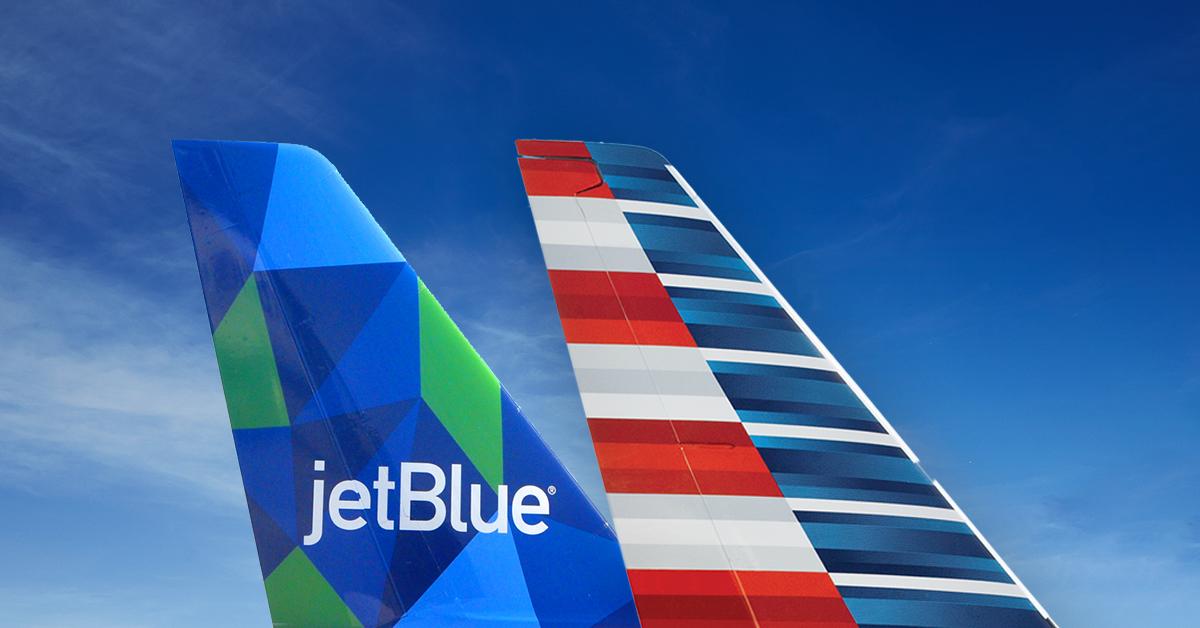
Credit: American Airlines
While JetBlue Airways says it will not appeal the May 19 ruling ordering it to cease its Northeast Alliance (NEA) with American Airlines—a move JetBlue says should strengthen its argument for a merger with Spirit Airlines—American still plans an appeal. “Despite our deep conviction in the...
Subscription Required
This content requires a subscription to one of the Aviation Week Intelligence Network (AWIN) bundles.
Schedule a demo today to find out how you can access this content and similar content related to your area of the global aviation industry.
Already an AWIN subscriber? Login
Did you know? Aviation Week has won top honors multiple times in the Jesse H. Neal National Business Journalism Awards, the business-to-business media equivalent of the Pulitzer Prizes.





